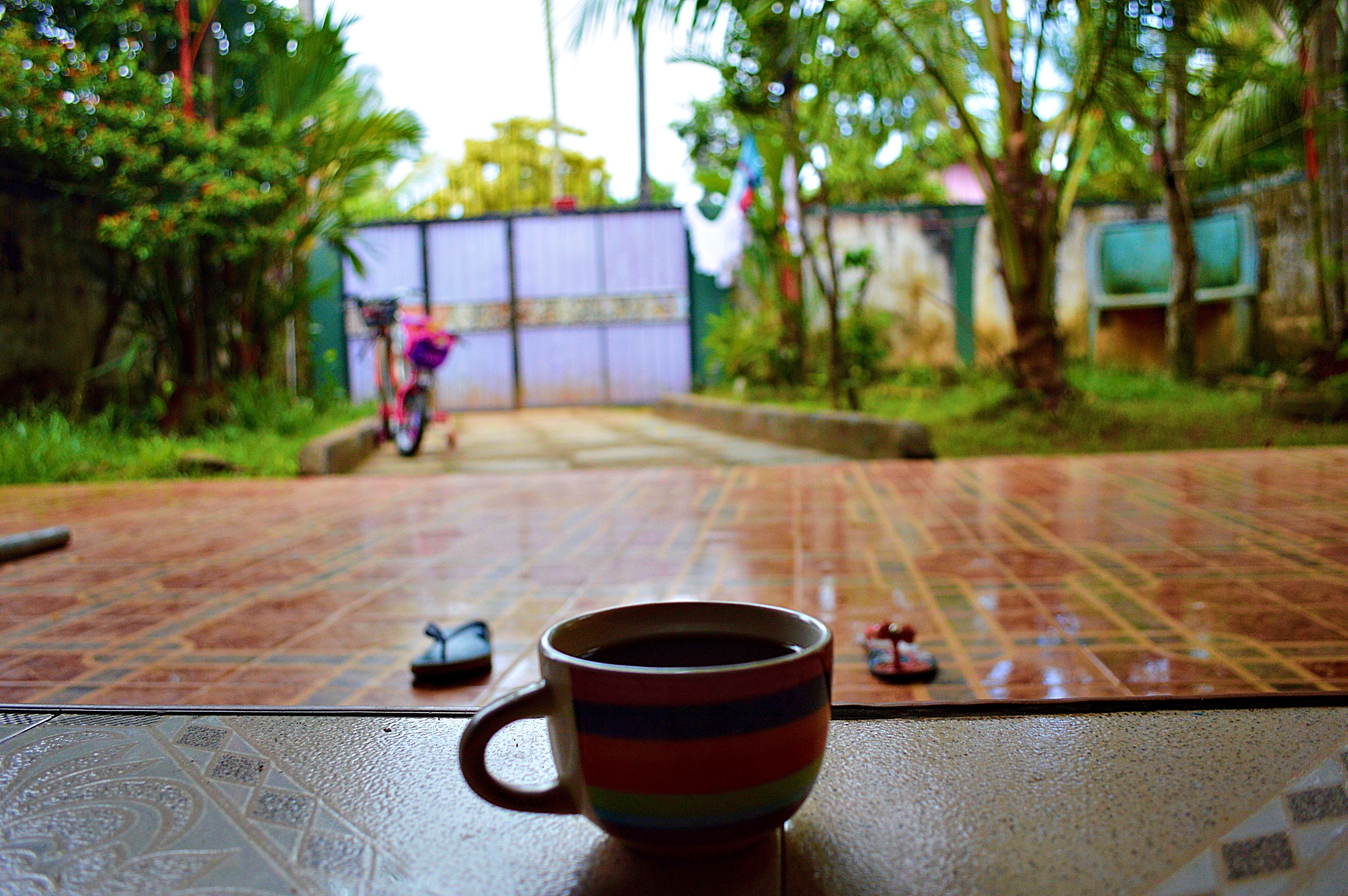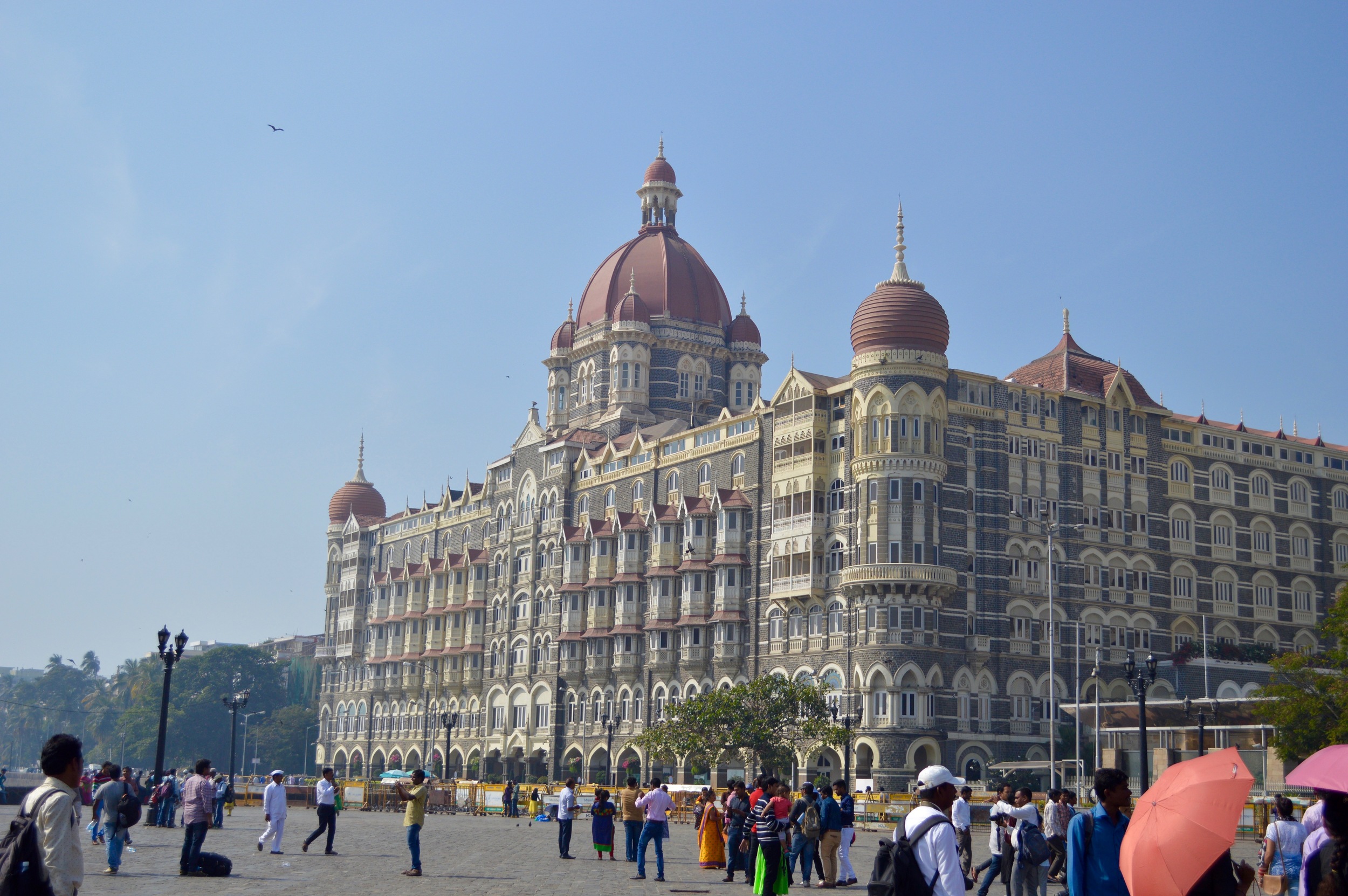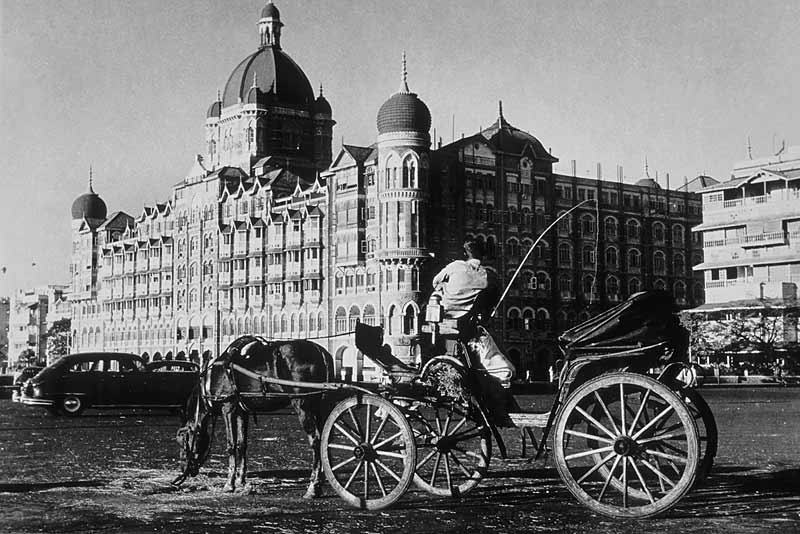Six months ago, I got on a plane and flew across the world to a land completely foreign to me. I didn’t know the language, barely knew the food, and only had vague ideas of the culture from what I’d heard in history class and seen on television. In a lot of ways, it was the same venture that my own parents made when they each left India for the United States. The only difference, albeit a huge one, was that I knew I’d be going back home and they knew they wouldn’t.
I started in nations that were almost completely homogenous—Japan and China—then moved to nations that appeared homogenous but had deep, underlying conflicts of religion, culture and caste, and language—India and Sri Lanka. Finally, I moved to nations that appeared to be success stories of melting pots and diversity, the beautiful picture I have always hoped for America—Thailand, Malaysia, and Singapore. Yet, even with these visions of perfection, there were darker sides to how it was achieved, an unnerving insight into the people who were crushed under the foundation stones of each society. (FYI: Indigenous populations are treated like shit everywhere.)
When I first arrived to the continent, the politics of self-identification were murky. Each time I had to explain that, yes I was born in America and have an American passport and have always lived there, it somehow stung even more than when these incidents happen at home. It was a double-edged sword of confusion. I saw the remnants of colonialism as brains white washed to think that the image of America was one of a psychotic business man running the country, money and power falling from the sky, and beautiful, skinny white people ruling the world. (The other pain was how parts of these beliefs weren’t far from the truth stretched just an inch further.) But I also questioned my own necessity to identify as such; why was I so uncomfortable, so pained to be seen as Asian?
Loved celebrating Chinese New Year in Hong Kong with Cathy, another Bonderman Fellow, and being able to share and discuss our experiences thus far.
As always, the answer to this is also not straightforward. The histories I have with being Asian, specifically Indian, are deep and dark and convoluted. I spent many (subconscious) years hiding my identity and everything about me that made me different. I was ashamed to wear Indian clothing any place that my school friends may see me, I obviously never brought Indian food to school or fed it to my friends when they came over, and I ensured that my knowledge of American pop culture was up to date, even though I wasn't allowed to consume anything besides PBS Kids until the age of 10. Yet, I also had to balance this with working to pursue the dreams my immigrant parents had for me, preserving my heritage in a culture that was all too unfamiliar and willing to erase it.
I learned how to act whiter and, thus, more American. And less Asian.
But, as I’ve seen over the last several months, being Asian comes in many forms, as does being American. Being an American abroad, and being seen as American, was not so much about nationalism as it was about feeling ownership and prowess when it comes to the English language, being recognized as someone with education and intellect, and as an independent woman who comes from a nation that, ironically, is seen as having a liberal and modern understanding of race, class, relationships, love, and life.
It took me quite some time to come to this realization, and perhaps it only happened in the last few weeks. But I did notice my desire to be identified as an outsider shift once I arrived in India. Suddenly, I looked like those around me and could be part of the group, the first time this has ever happened in my entire life. For those of you who have the privilege to feel this on a daily basis, trust me, it is truly a remarkable sensation to first experience this twenty-two years into my existence.
When I could “pass” as local, I felt a sense of pride. I’m sure there was also a certain elation with paying the cheaper/local prices at tourist spots, but being seen as “one of us” by those around me was a shock. In Japan and China, simply due to the make-up of the nations and my appearance, it had not been possible, and so I chose to identify with what I had been trained to think was the “better” of the two options: American over Asian. But, once I was given the chance to become part of the people, part of a community, my heart and mind took it immediately.
Only a few of the people who have been kind enough to "adopt" me while I was in Asia.
This trend continued as I traveled through Southeast Asia, which houses large diasporas of Indian (and even Sikh) populations who have been calling these countries home for several generations. People, comically, often tried to converse with me in Sinhala, Malay, or a variety of other local languages, so I learned to read body language quite well and give a good enough response through head nodding and shaking to satisfy them. (My accent is still strongly Midwestern, and so I couldn’t afford opening my mouth; it was a dead giveaway.) Although I had felt at home in India, comforted by my ability to navigate the local customs and culture while benefiting from the privilege of being American, I fell even more in love with Southeast Asia, melting pots of cuisines, languages, genetics, and more. I spent significantly more time in the area than I planned—almost triple—and still could not see myself leaving.
In my final days in Asia, my hosts in Singapore summed up my mixed feelings about leaving perfectly. Expats themselves, they had grown up in Malaysia and Sri Lanka, attended school in India, worked and raised children in the UK, and had now been living in Singapore for about five years. In my eyes, the perfect, nomadic existence. But, when I asked how they felt about returning to the UK next year, “going home” in simple terms, I saw anxiety. They told me: “Leaving Asia will be….hard. We never thought we’d leave only to come back. But, in Asia, you’re not the other. You’re simply another. There is no fight for existence.”
Once I was able to let go of my need to be better, fueled by an embarrassment of these identities, and stopped clinging to my American privilege, I saw the beauty in these nations. Their histories run thousands of years deeper than any of the nations by which they were colonized and ravaged, and yet they still strive to succeed despite the ruins that were left behind by greed and desire. In Asia, I saw a chance for many communities to live happily and successfully together with no notion of one deserving it more than the other. I saw the chance to stand in a crowded train during rush hour and be seen and see others as myself, despite physical or mental or emotional difference. After a long time, I saw a chance to be proud in a place that I belong to, and that’s a feeling I hope to hold on to, long after I’ve left.
Asia + Harleen = Bliss :)




















